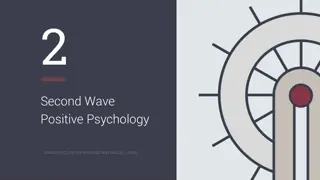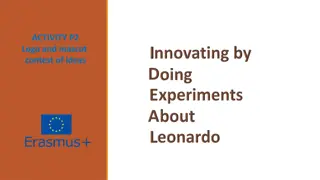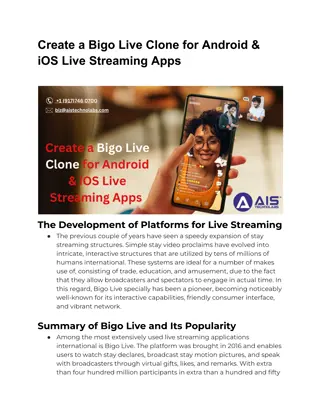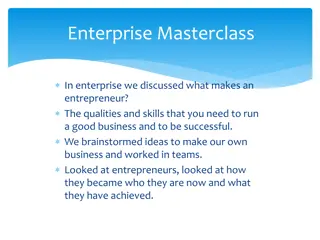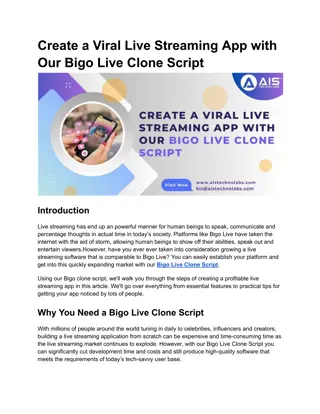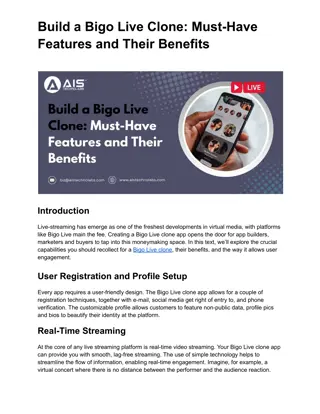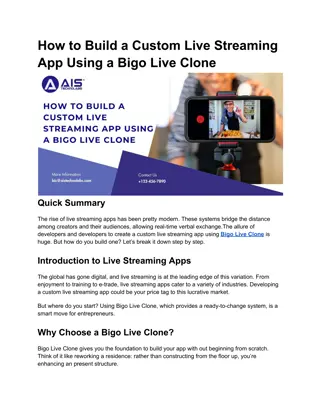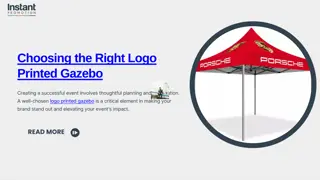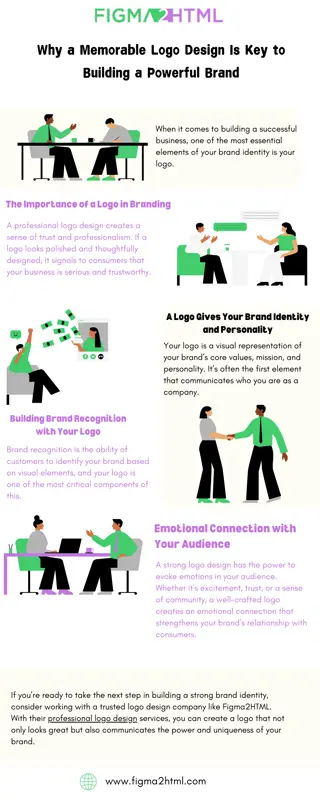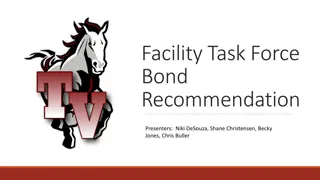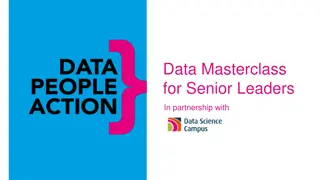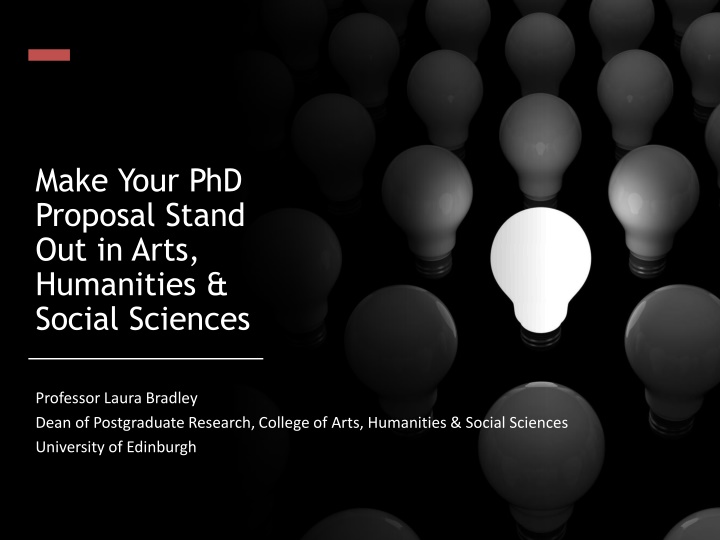
Crafting a Winning PhD Proposal in Arts & Humanities
Learn how to make your PhD proposal stand out in the fields of Arts, Humanities, and Social Sciences. Discover the essential components required to create a compelling and original research proposal that demonstrates your critical judgment and knowledge of the field. Gain insights into defining research questions, outlining methodologies, and showcasing project worthiness and potential impact. Enhance your understanding of identifying gaps in existing scholarship and structuring your proposal effectively to make a significant contribution to knowledge in your field of study.
Download Presentation

Please find below an Image/Link to download the presentation.
The content on the website is provided AS IS for your information and personal use only. It may not be sold, licensed, or shared on other websites without obtaining consent from the author. If you encounter any issues during the download, it is possible that the publisher has removed the file from their server.
You are allowed to download the files provided on this website for personal or commercial use, subject to the condition that they are used lawfully. All files are the property of their respective owners.
The content on the website is provided AS IS for your information and personal use only. It may not be sold, licensed, or shared on other websites without obtaining consent from the author.
E N D
Presentation Transcript
Make Your PhD Proposal Stand Out in Arts, Humanities & Social Sciences Professor Laura Bradley Dean of Postgraduate Research, College of Arts, Humanities & Social Sciences University of Edinburgh
Makes an original and significant contribution to knowledge in the field of study; Contains material suitable for wider dissemination; What is a PhD? Shows adequate knowledge of the field of study and of the relevant literature; Demonstrates critical judgement of the candidate s own work and that of other scholars in the field; Presents a coherent body of work.
Routes into PhD study Devising your own PhD project, with guidance. Applying for a pre-designed project advertised by a university/research team.
Defines your research question (aims, objectives) What is a research proposal? Outlines your methodology and approach Demonstrates your suitability for the project
That your project is worthwhile What should it demonstrate? Potential outcomes And potential impact
Structure Title Identify the gap Existing literature Objectives Methodology Preparedness & training
Identifying the gap Identify a gap in the existing scholarship that your project will fill; Show why this gap matters; Show that you are engaging critically with the existing field, and how you will build on / challenge existing knowledge.
Example: Theatre & Digital Culture Digital culture is changing the ways in which we communicate, but the impact of these new cultural codes, languages and exchanges is only slowly receiving attention in theatre studies. Examinations of the relationships between theatres and their audiences tend to be rooted in traditional formats: print media, audience and practitioner testimony, and the physical performance. This applies as much to Freshwater s Theatre and Audience (2009) as to Bennett s Theatre Audiences (1980). In a collection of fifteen essays published on theatre audiences in Participations, the journal of audience and reception studies, in 2015, only one explored the impact of digital technology but through the perspective of digitally savvy teenagers, rather than the theatres themselves. Katie Hawthorne, PhD candidate 2016 (now Dr Katie Hawthorne).
Materials and methods What methods and materials will you use to fill the gap? Where and how will you access required materials/resources? Are any fieldwork plans feasible? Show that the project is viable and can be completed in three years of full-time study (6 years part-time).
Example My thesis will analyse the impact of digital culture on theatres in Edinburgh and Berlin, focusing on the 2016/17 and 2017/18 seasons. Edinburgh and Berlin are leaders of European theatre, and their distinctive theatrical communities and approaches to digital culture - offer opportunities for productive, explorative contrast. The methodology will draw on established approaches from theatre studies (including post-show discussions and surveys) and use it in comparison with the research available through digital means (e.g. marketing metrics). I will navigate online spaces as ethnographic communities from theatres websites and social media profiles, to digital journalism and comments boards. For my case studies, I have identified theatres with diverse profiles, approaches to theatre-making, and audiences. Chapter 1, Before Performance , will use comparisons of Edinburgh s Lyceum and Traverse, and Berlin s Gorki and Deutsches Theater. These theatres have contrasting identities (canonical plays vs. new writing, young and multilingual vs. an institution with a long German heritage). I will explore how these identities are formed and reflected online. [ ]
Preparedness What has prepared you for this specific project? Relevant academic courses Research experience (e.g. dissertation, working with specialist resources/software, attending a conference) Transferable professional skills, e.g. project management, non-academic publishing
Example The examiners emphasised the originality and depth of my research for my MSc dissertation, which used archival and digital sources to offer a comparative analysis of adaptation in German theatre. The practical skills required collecting, collating, translating and analysing online data pertaining to theatre provided me with essential practice for the digital explorations my proposed PhD study will require. Modules undertaken during my MSc study at the University of Edinburgh have also given me the opportunity to work alongside contemporary theatre practitioners, participate in practical workshops and visit many of Edinburgh s theatres. I saw how academic research can influence and affect the making of theatre, but also experienced how these two worlds could share more ideas and information with each other: a key aim of my PhD project.
Example of research experience During my MSc, I presented a paper at the Postgraduate Comparative Literature conference and peer-reviewed academic articles for the postgraduate arts journal FORUM. I am due to present a paper at Edinburgh University s postgraduate Work In Progress series, and in June 2016 I will present a case-study from my MSc dissertation, on the digital footprint of Frank Castorf s banned production of Baal (2015), at the International Brecht Symposium hosted by the International Brecht Society and Oxford University. Over the last six months, I have worked as a research assistant for Prof. Laura Bradley in her AHRC-funded project with playwright Peter Arnott and the Playwrights Studio Scotland. I measured audiences responses to script-readings and post-show discussions at the Traverse in Edinburgh and at Oran Mor and Websters Theatre in Glasgow, ensuring the completion of questionnaires, conducting interviews and analysing the results. Audience feedback was integral to the project, influencing Peter s further drafts of the play. Not only did I gain valuable experience in audience data collection (through recorded post-show discussions and surveys) but I witnessed first-hand the possibilities for academic impact and knowledge exchange with the wider, non-academic community.
Training needs Everyone has training needs Specialist skills (language, software, interview techniques) Career development doesn t have to be academia
Sources of training Supervisory team Department/School courses University courses in skills for PhD students Wider subject community Specialist providers (e.g. Oral History Centre)
Example I will undertake training on handling and presenting data, so that I can present my findings with maximum impact and efficacy. Edinburgh s Institute for Academic Development (IAD) offers a Research Planning series with modules on studying research literature, using different complex search strategies, and managing bibliographies. Such training will aid me in structuring and thoroughly documenting my research, and I will take the course in my first year. I will also take Digital Humanities workshops on Zotero (bibliographic management software), OpenRefine (a tool for tidying large datasets), and AntConc (corpus linguistics software). During years 2 and 3, I will attend the IAD workshops Research, Researchers and Media A Hands on Approach to Communicating Your Research and Effective Presentations for Humanities and Social Sciences. Given my project s potential for wider impact, it will be important to learn how to find news-worthy hooks within my study, and to understand how best to present academic ideas to a variety of audiences.
Outcomes PhD thesis An article in an academic journal? Conference presentations? Any potential for public engagement/knowledge exchange with stakeholders? Be realistic
How to succeed in funding competitions Ask Ask your prospective supervisor to comment on a draft application Adapt Adapt the application to the competition. Score Major funders (SGSAH, SGSSS) publish their scoring criteria. Tailor your application to these.
Supervisors want good PhD students Approaching potential supervisors Research staff interests via subject-area webpages In your email, say briefly what your PhD area of interest is, and why you are approaching the supervisor
Useful links Scottish Graduate School for Arts & Humanities: https://www.sgsah.ac.uk Scottish Graduate School for Social Science: https://www.sgsss.ac.uk Find a PhD: https://www.findaphd.com University of Edinburgh: www.ed.ac.uk

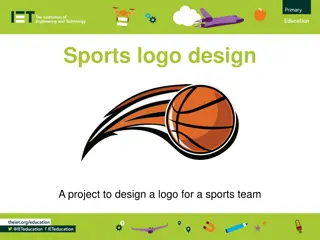


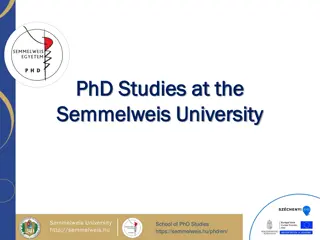
![The Exciting World of Live Music Through [Insert Town/City] Census!](/thumb/148894/the-exciting-world-of-live-music-through-insert-town-city-census.jpg)
